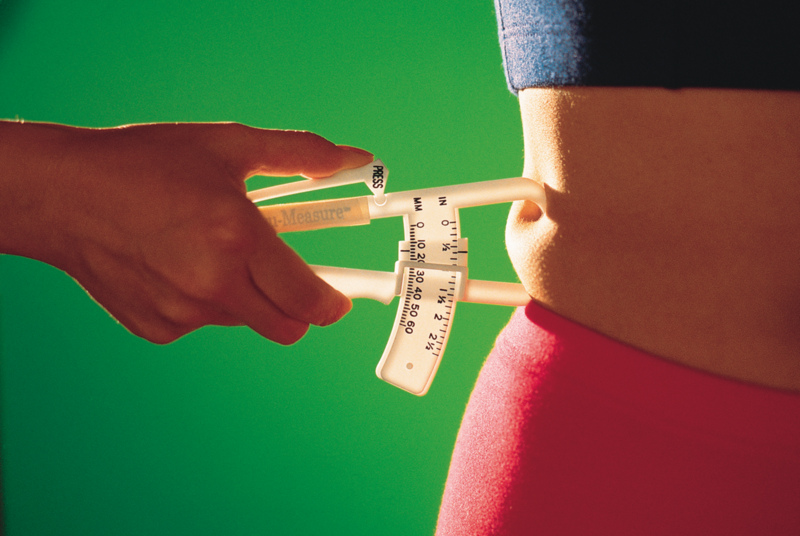
WEDNESDAY, Aug. 25 (HealthDay News) — If you think a few weeks of slothful behavior and caloric overindulgence can be easily worked off at the gym, think again.
New Swedish research suggests that just a month’s worth of unhealthy living changes physiology, making piled-on fat even harder to lose.
“A short period of [over-eating] can have later long-term effects,” said study co-author Dr. Torbjorn Lindstrom, an associate professor in the department of medical and health sciences within the faculty of health sciences at Linkoping University. “Based on this, it can be recommended to avoid very high food-intake that might occur during shorter periods in normal life.”
Lindstrom and his colleagues report their findings in the current issue of Nutrition & Metabolism. They focused on 18 normal-weight healthy participants (12 men and six women), averaging 26 years of age.
For one month, all 18 were placed on a restricted physical activity regimen that involved the equivalent of no more than 5,000 steps per day. Five thousand steps, the team noted, is the threshold for a “sedentary” lifestyle, whereas a “physically active” lifestyle involved 10,000 steps or more.
In addition, participants embarked on diets involving a 70 percent jump in daily caloric intake — mainly from fast food — amounting to about 5,750 calories ingested per day. The research also included a comparison group who did not change their diet/activity.
By the end of the month, the feasting group gained an average of 14 pounds. Their fat mass, specifically, was found to have gone up from about 20 percent of total body weight, to nearly 24 percent after the month-long intervention.
Participants lost most (more than 10 pounds) of that new weight over the ensuing six months. However, one year after the study’s end, participants still registered a noticeable gain in fat mass (of about 3 pounds on average) compared with their pre-study status.
This fat stuck around despite the fact that the participants had returned to their lower-calorie pre-study diet and more active routines.
Two-and-a-half years after the study, fat mass gains were even greater, registering just under 7 pounds on average, the researchers found. There was no such long-term change among the control group who had stuck to their usual diet.
Based on the findings, the researchers conclude that a brief period of excessive over-eating, coupled with reined-in activity, may change body composition and lead to a significant boost in in body fat levels. And these changes appear to endure, despite a return to healthier behaviors.
Study author Asa Ernersson, a doctoral candidate at the university, said it’s tough to tell whether older individuals might be impacted any more or less than younger people.
“Of, course there is a possibility that age has an important role for losing body weight gained after a short term period of overindulgence,” he said. “But from this study we cannot draw any such conclusions, since most of the participants were between 20 and 30 years old.”
Both Lindstrom and Ernersson said that more research exploring such questions is needed.
More information
For more on healthy eating, visit the U.S. National Institutes of Health.

